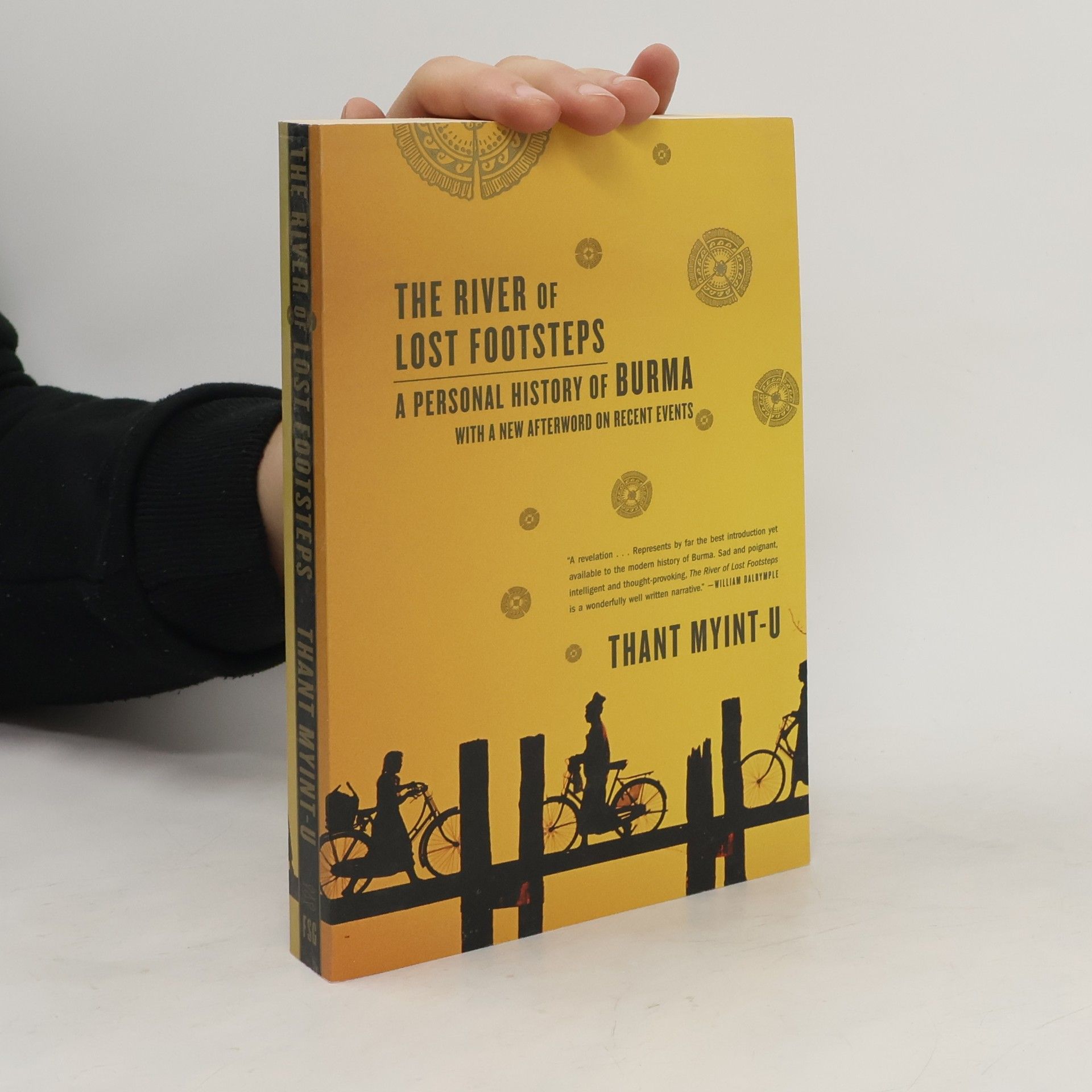A compelling and timely inside account of the recent crisis in Burma and its troubled journey from dictatorship to democracy.
Thant Myint-U Livres
Thant Myint-U est un auteur dont les œuvres plongent profondément dans l'histoire et la société de la Birmanie. Façonné par sa formation universitaire à Harvard et à Cambridge et par ses expériences dans les opérations de maintien de la paix de l'ONU, son écriture offre un regard pénétrant sur des forces sociales et politiques complexes. Par sa prose, T. M.-U. explore les liens complexes entre passé et présent, révélant les nuances qui façonnent les nations et leurs destins. Sa voix distinctive apporte au lecteur des récits captivants et éclairants sur des sujets cruciaux.


What do we really know about Burma and its history? And what can Burma's past tell us about its present and even its future? For nearly two decades Western governments and a growing activist community have been frustrated in their attempts to bring about a freer and more democratic Burma—through sanctions and tourist boycotts—only to see an apparent slide toward even harsher dictatorship. Now Thant Myint-U tells the story of modern Burma, and the story of his own family, in an interwoven narrative that is by turns lyrical, dramatic, and deeply affecting. Through his prominent family's stories and those of others, he portrays Burma's rise and decline in the modern world, from the time of Portuguese pirates and renegade Mughal princes through a sixty-year civil war that continues today—the longest-running war anywhere in the world. The River of Lost Footsteps is a work at once personal and global, a "brisk, vivid history" (Philip Delves Broughton, The Wall Street Journal) that makes Burma accessible and enthralling.